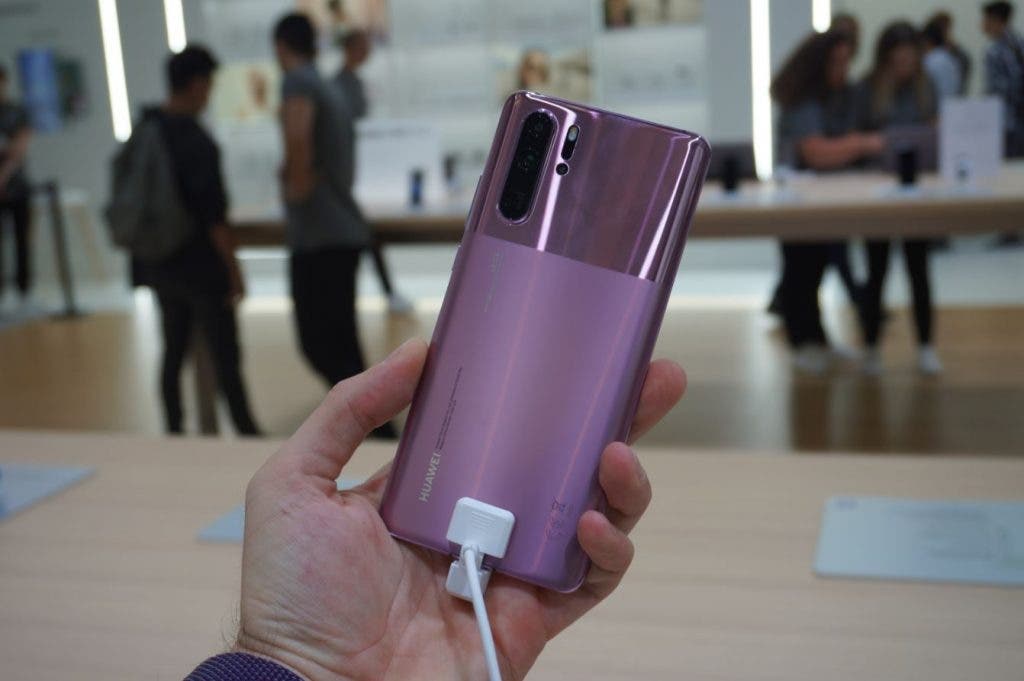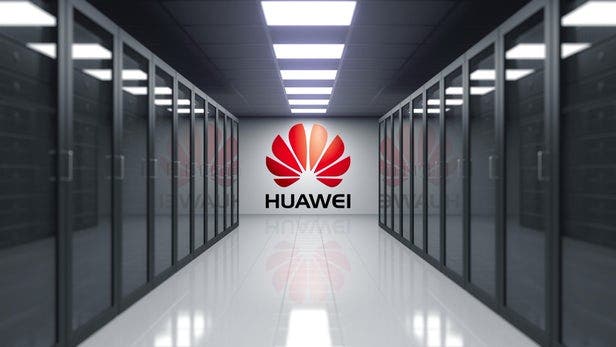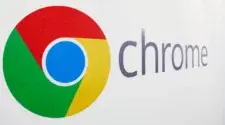China and the US government are gradually approaching a solution, which will in principle also benefit Huawei and Google. In the last few weeks, there were clear indications that Huawei will get new licenses. This means that Huawei can now resume trade transactions with American companies. Now, a new statement from US Secretary of Commerce, Wilbur Ross, suggests good progress in the trade talks. He said
Licenses for the sale of components to Huawei Technologies Co. will be available to US companies “soon”.
Over 200 license applications for exemptions were received. These will probably be processed soon. In addition, Donald Trump underlines his will to close a long-fought trade deal with China in the near future.
“First of all I want to get the deal,” Trump said after returning for a trip to New York City. “The meeting place, to me, is going to be very easy.”
Gizchina News of the week

Huawei may be back to good business soon
While Google and co. may not be entirely relevant to Huawei’s smartphone business as its recent sales records show, there is no doubt that its performance in Europe is suffering due to lack of Google services. The Mate 30 series does not come with Google Mobile Service and this has been a turn off for many European buyers.
Huawei has been blacklisted since last spring and has limited ability to work with US companies, especially for new devices. As of now, it does not have the required licenses for Google Apps and other vendors. Nevertheless, the effect of Huawei’s ban is also high on some American companies.




